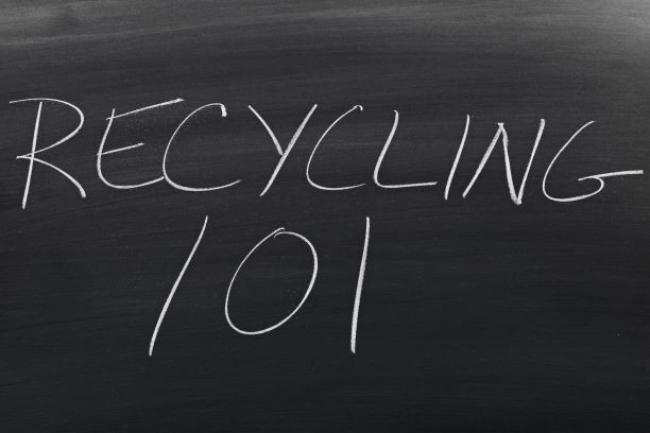Back to Basics: Recycling Is as Easy as 1, 2, 3
Do you find recycling confusing? If so, you’re not alone! According to a 2020 survey by OnePoll, one of the biggest barriers preventing people from recycling is a lack of understanding. Approximately 26% of survey respondents admitted they don’t know what materials can and cannot be recycled.
Proper recycling education is important because it helps reduce recycling contamination rates and ensure local recycling programs remain sustainable for future generations. Republic Services believes that recycling should be as simple as one, two, three, and we’re here to make the process accessible for everyone. That’s why we are helping you take the guesswork out of recycling.
Approximately 26% of survey respondents admitted that they don’t know what materials can and cannot be recycled.
Ahead of Earth Day, we’re going back to recycling basics with three key lessons from Recycling Simplified. By following the below guidelines, you’ll be a recycling pro in no time!
- Remember to keep recyclables unbagged. Bagging or boxing up your recyclables is not necessary. Sorters at the recycling facility are unable to filter through what’s in the bag, so the whole thing could wind up in the landfill. Recyclables should be left loose when placed in your bin.
- Keep recyclables empty, clean, and dry. Dirty or wet recyclables can contaminate the entire bin. Remember that only clean, dry paper and cardboard can be recycled. You don’t need to scrub items down—just rinse and shake them dry. You should rinse out and dry glass, aluminum, or plastic containers before tossing them in your bin.
- Know what to throw. Flattened cardboard, paper, plastic bottles and jugs, aluminum cans, and glass (depending on the area) are all recyclable. Also, remember that certain items can never be recycled. Common ones are diapers (clean or dirty!), yard waste, and plastic bags. These things should always be thrown away, or in the case of plastic bags, repurposed if possible. Before you throw an un-recyclable item in the trash, consider if it could be reused or donated. Also, remember that hazardous materials need to be disposed of with special care.
You can become a better recycler just by keeping these three rules in mind every day! Make sure you understand the basics and visit recyclingsimplified.com for more information.













